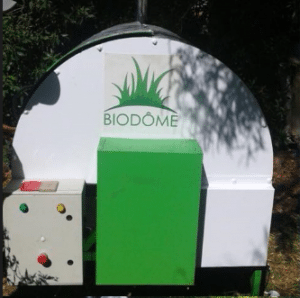
Agriculture
February 3, 2024
Biodome.Sarl
Read SolutionImplemented by
Biodôme du Maroc
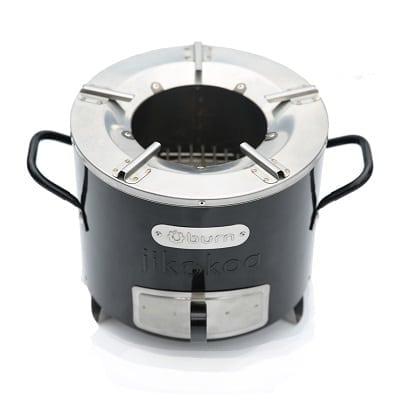
Updated on November 18, 2024
·Created on August 27, 2015
Designed by Burn and distributed in Kenya, Jikokoa is a Rocket type cookstove for burning charcoal.
Designed by Burn, Jikokoa is an efficient cookstove for Kenyans with a major manufacturing site in the country. Compared to Burn’s competitors’ stoves, it reduces toxic fumes that result from traditional Sub-Sharan cooking methods by 63%, fuel consumption by 60% and cooks faster by 50%. Video about the features and performance of this stove.
Target SDGs
SDG 7: Affordable and Clean Energy
SDG 15: Life on Land
Market Suggested Retail Price
$40.00
Target Users (Target Impact Group)
Household
Distributors / Implementing Organizations
Burn, through it's manufacturing plant in partnership with Living Goods and via major retail distributors throughout Kenya such as Nakumatt.
Countries
Kenya
Manufacturing/Building Method
Mass manufactured in Nairobi, Kenya.
Intellectural Property Type
Trademark
User Provision Model
Directly by purchase online or through the organization's over 180 distributors, including all of the major supermarkets and various small kiosks throughout Kenya. Burn has partnered with M-Kopa and Equity Bank in order to allow consumers to purchase the stove on credit.
Distributions to Date Status
Over 178,754 Jikokoa stoves have been distributed.
Fuel type
Charcoal
Chimney (yes/no)
No
Forced or passive
Passive
Pot type
Flat bottom
Pot capacity (L)
7 L
Thermal efficiency (%)
42.44 %
PM emissions (g/MJ delivered to pot)
45.39 mg/MJ-del
CO emissions (g/MJ delivered to pot)
12.5 g/MJ-del
Time to boil (min/L)
24.75 min/5 L
Design Specifications
Design specifications include high chromium woven grate that maintains a consistent fuel surface area, while the geometry of the inlet channel draws a balanced volume of air, lightweight and ceramic wool insulation (rated to 1,260ºC) that allows the combustion chamber to maintain its super high temperature while the outside stays cool to touch, 1,000ºC firepower that lights fast and easy and allows cooking on large pots and an easy ashtray with ergonomic handles.
Pot capacity is 7 L. Jikokoa weighs 3.1 kg and its dimensions (LxWxH) in cm are 35 x 29.5 x 24.
Technical Support
Burn has a customer service representative available for telephone contact.
Replacement Components
Parts are available for purchase and installation by certified technicians. These parts and repairs are free under warranty.
Lifecycle
Approximate 2 year lifetime. 1-year warranty from date of purchase.
Manufacturer Specified Performance Parameters
The Jikokoa reduces fuel consumption by 55%, emissions by 64%, and fuel costs by 150USD - 250USD per year. The manufacturers claim that the fuel savings will pay for the cost of the stove after 3-4 months of use.
Vetted Performance Status
Testing results for the stove are summarized and can be downloaded from the Clean Cooking Catalog.
Safety
Unknown
Complementary Technical Systems
The product could most likely be enhanced with the use of a skirt.
Academic Research and References
Jetter, J.J., Kariher, P (2009). Solid-fuel household cookstoves: characterization of performance and emissions. Biomass and Bioenergy. 2009;33:2294-305.
Jetter, J., et al (2012). Pollutant emissions and energy efficiency under controlled conditions for household biomass cookstoves and implications for metrics useful in setting international test standards. Environ. Sci. Technol. 2012;46(19):10827-10834.
Anenberg, S.C., et al (2013). Cleaner cooking solutions to achieve health, climate, and economic co-benefits. Environ. Sci. Technol. 2013;47(9):3944-3952.
Mulupion, D., “Kenya: Inside BURN Manufacturing’s energy-efficient cooking stove business“, How we made it in Africa, 2015.
Compliance with regulations
Burn followed Global Alliance for Clean Cookstoves design and performance standards of improved cookstoves. Interview with representative
Evaluation methods
Emissions and performance testing conducted in the U.S. Field testing performed in Kenya.
Burn also has conducted two design tests in their Burn Design Lab in Washington, of type SSP and EPTP.
Other Information
In 2015, Burn won the Clean Energy for Women and Girls Award organized by Ashden.

Agriculture
February 3, 2024
Implemented by
Biodôme du Maroc
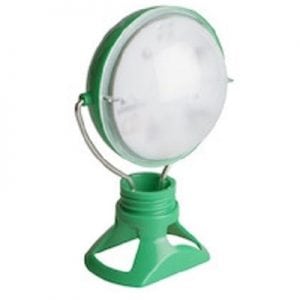
Agriculture
January 16, 2024
Implemented by
Nokero Solar
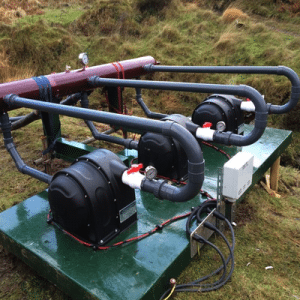
Agriculture
December 2, 2024
Implemented by
EcoInnovation Ltd. (Powerspout)
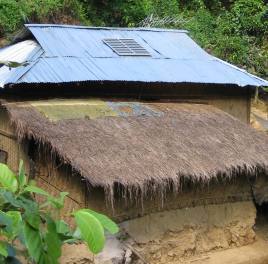
Agriculture
January 11, 2024
Implemented by
Rahimafrooz Bangladesh Ltd
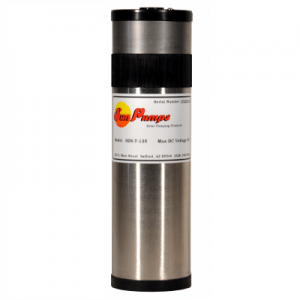
Agriculture
December 27, 2023
Implemented by
SunPumps
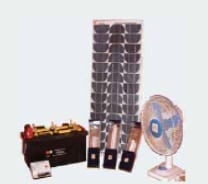
Agriculture
January 3, 2024
Implemented by
SELCO
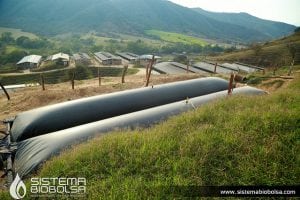
Agriculture
January 22, 2024
Implemented by
Sistema.bio
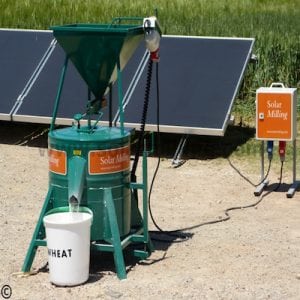
Agriculture
August 23, 2024
Implemented by
Solar Milling Company
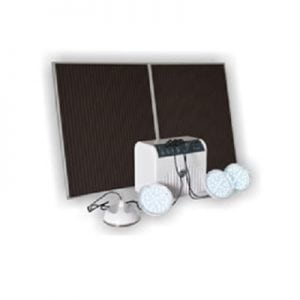
Agriculture
December 10, 2024
Implemented by
Orb Energy
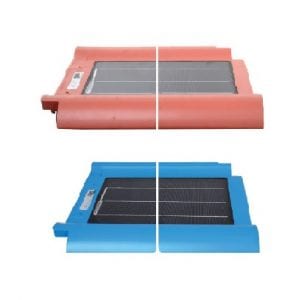
Agriculture
February 1, 2024
Implemented by
Strauss Energy
Have thoughts on how we can improve?
Give Us Feedback